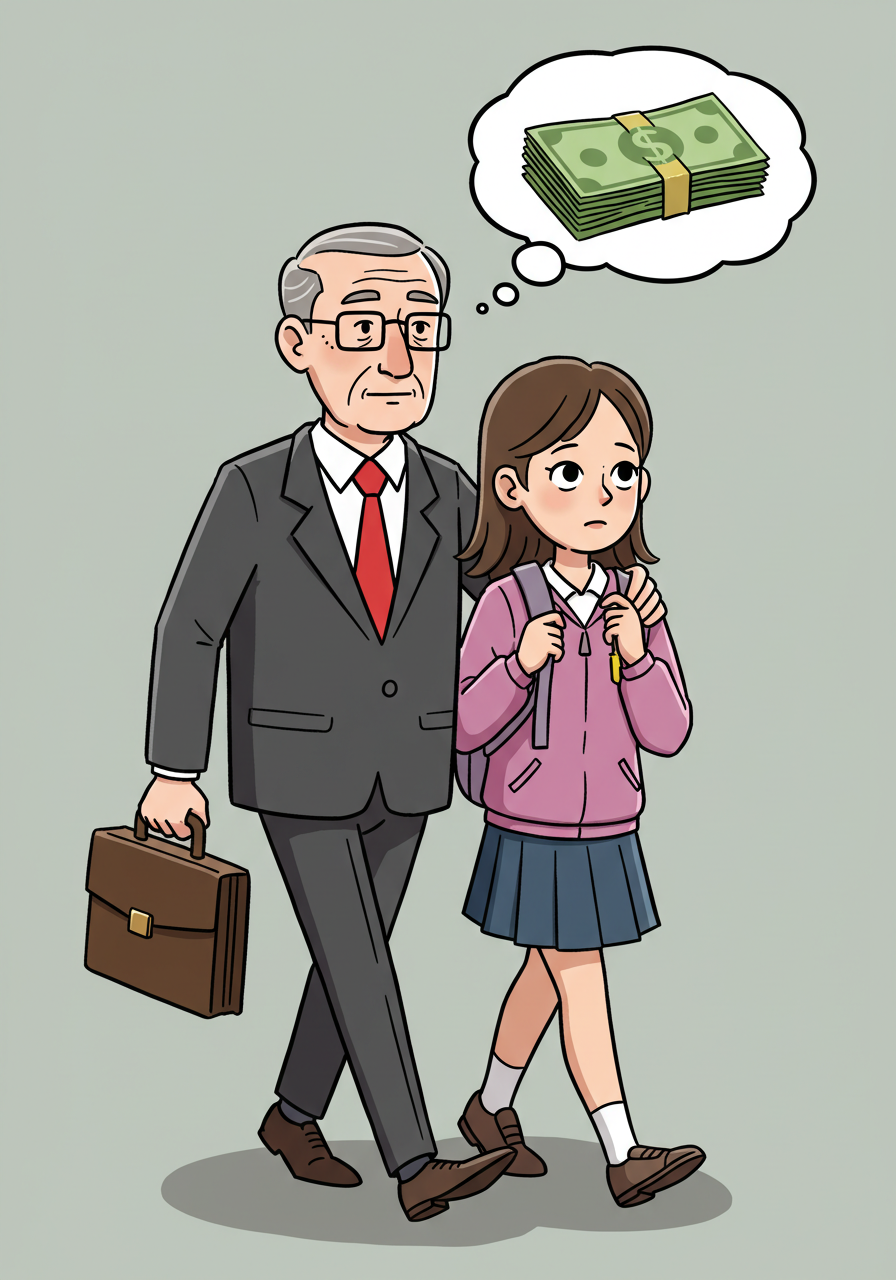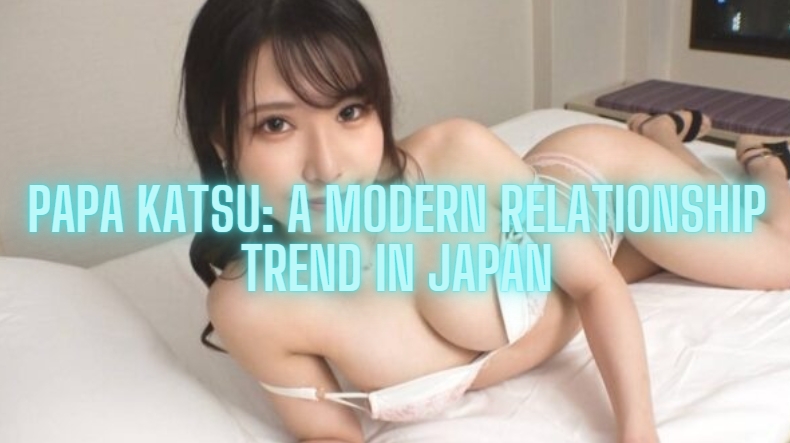🥷Visitors who booked via Naughty Ninja. Yesterday -2⃣5⃣people- Total1⃣8⃣8⃣1⃣people
アイキャッチ参照元:モザイク破壊]SIRO-4937 【無職】【パパ活女子】男に免疫はないけど責められるのもエッチも大好き!?
Papa Katsu: A Modern Relationship Trend in Japan
In recent years, the term “Papa Katsu” has gained popularity in Japan, especially among younger people. This term refers to the practice where younger women engage in relationships with older men in exchange for financial support, often through activities like dining out or shopping together. “Papa Katsu” has evolved into a complex phenomenon with underlying societal and psychological factors beyond just monetary transactions.

Characteristics of Papa Katsu
At the core of Papa Katsu are relationships between women seeking financial assistance and older men who enjoy spending time with younger women. Women typically spend time with their “papa” (father-like figures) in casual settings like meals, shopping, or travel, while the men provide financial support in return. These relationships can range from straightforward transactions to more ambiguous and nuanced dynamics.
🌟 This Month’s Featured Cast(Osaka Area)
※This video contains sound. If you need silence, please set your device to silent or mute mode.
Tsuyu【つゆ】(18) T159 B85(C) W55 H84
Escort(A system where you check in at the shop and then go to a love hotel together with the girl.)
*18 years old
*Cums multiple times in a row...
*Loves toys
*Fair skin, a slim waist, and a great figure
👉 [Click here to see the shop where she works.]
Social Background and Criticism
Papa Katsu often occurs among young people facing financial difficulties, reflecting broader issues of economic disparity and limited career options for women in Japan. However, the practice has sparked debate, with many criticizing it as morally questionable. Critics argue that it perpetuates inequality and takes advantage of vulnerable individuals.

A New Form of Human Connection?
On the other hand, some view Papa Katsu not as a mere financial exchange but as part of a broader trend in modern relationships. In some cases, deeper bonds and trust can be formed through these connections. While not without its flaws, Papa Katsu represents a shift in how people, especially young women, approach relationships in a changing society.
🌟 This Month’s Featured Cast(Tokyo Area)

AV Actress Shiori Kamisaki
(Secret Outcall Escort)
(Booking Conditions)
Price: ¥135,000 and up
Advance Booking Required: Please contact us at least 1 week in advance to adjust the lady’s schedule.
Contact: Booking Inquiries Here
Send a message stating “I want to book Shiori Kamisaki.”
Conclusion
Papa Katsu is a modern cultural phenomenon in Japan that speaks to how human connections and economic dynamics are evolving. While it remains a controversial topic, it offers insight into how young people navigate relationships and support systems in contemporary Japan. Its rise shows that the boundaries of human relationships are constantly changing, and it’s a conversation that can’t be ignored.

In recent years, “papa-katsu” (sugar dating) has become quite popular in Japan!While Naughty Ninja doesn’t offer advice on papa-katsu, I’ve personally experienced hundreds of amazing girls in Japan’s adult entertainment scene — so I can definitely recommend some top spots for you!
Let Japan’s unique nightlife culture help you create unforgettable memories during your trip!
We’ve partnered with the shop for a special promotion!
Our readers just need to mention “Ninja BLOG” to receive a ¥3,000 discount on their reservation.
Don’t miss this opportunity!
For Foreign Visitors Interested in Experiencing Japan’s Adult Services
Support from the Naughty Ninja
Introduction to recommended shops I’ve personally visited
Introduction to highly rated shops based on feedback from foreign readers of my blog
Reservation support & negotiation of discounts with the shop on your behalf
Most Read Articles
Featured Articles on Outcall Escort
Add it to your browser bookmarks or save it to your smartphone’s home screen for quick access anytime. 📱→🥷
Further reading:
【Foreigners OK】Okubo Park at Night: Tokyo’s Street Girls & Red-Light Spot
【Foreigners OK】Big-Breast Fuzoku in Japan: My Sweet Time with Nene
【Foreigners OK】Top 10 Reasons GFE and Japanese Women Attract Foreign Men







![[With Images]Top 5 Outcall Escort Services in Asakusa, Tokyo](https://osakaescort.com/wp-content/uploads/2025/05/1752667300452.jpg)
![[Foreigner-Friendly] Deep Dive into Fukuoka’s Fuzoku Scene | Complete Guide to Hakata Nightlife & Luxury Shops](https://osakaescort.com/wp-content/uploads/2025/07/1753688663520.jpg)










